Once again, the month of March is here! Ghana gained independence in March (TODAY, March 6th 1957), so I like to dedicate this month to celebrating Ghanaian writers and their work. In the African literature scene, Ghanaian writers and their books are seriously underrated. As a reader of Ghanaian heritage, I enjoy discovering new Ghanaian writers and learning about our pioneer writers. If we don’t celebrate our own, who will?

Last year on African Book Addict! we celebrated 75 Ghanaian writers and their books in a 3-part series. This year (more like this month), I’ll be in conversation with some of the writers highlighted in last year’s series!
First up is Ayesha Harruna Attah – author of Harmattan Rain, Saturday’s Shadows and forthcoming The Hundred Wells of Salaga, which will be published by Cassava Republic Press in May! Enjoy this fun book chat where Ayesha talks about the inspirations for her forthcoming novel, the first book she read by a Ghanaian writer & the future of Ghanaian literature, the Black writers who influence her work and why we should indulge in The Hundred Wells of Salaga.
(note – ‘AHA’ represents Ayesha Harruna Attah’s responses)
••
Check out the synopsis for The Hundred Wells of Salaga below:
Aminah lives an idyllic life until she is brutally separated from her home and forced on a journey that turns her from a daydreamer into a resilient woman. Wurche, the willful daughter of a chief, is desperate to play an important role in her father’s court. These two women’s lives converge as infighting among Wurche’s people threatens to cleave the region, during the height of the slave trade at the end of the 19th century.
Set in pre-colonial Ghana, The Hundred Wells of Salaga is a story of courage, forgiveness, love and freedom. Through the experiences of Aminah and Wurche, it offers a remarkable view of slavery and how the scramble for Africa affected the lives of everyday people.
- The Hundred Wells of Salaga is your 3rd forthcoming novel, congratulations on this achievement! When did you first get ideas on the story and how long did it take you to write the novel?
AHA: Thank you! About ten years ago, I found out that my great-great grandmother was enslaved. I wanted to know more. Who was she? Where had she come from? What were her desires before her dreams were snatched away? To unearth more, I made a trip to Salaga, in northern Ghana, where there was an infamous slave market. But I kept hitting walls – either people didn’t want to talk or they didn’t know enough. So in 2012, I decided to research how people ended up in Salaga and to also put my imagination to work. I officially started writing in 2014.
- Did you learn anything about yourself while writing The Hundred Wells of Salaga?
AHA: I learned just how much I didn’t know about African history. For instance, it was a big surprise to me that in the 19th century in the Sokoto Caliphate, there were women teachers, jajis, who taught other women and they used poetry as a way of disseminating values.
- While reading Harmattan Rain, I saw bits of my life reflected in Sugri’s character and in Saturday’s Shadows, Kojo’s character mirrored a lot of my life as well! How much of your personal life seeps into your stories?
AHA: I don’t consciously set out to put my lived experiences into my writing, but it would be almost impossible to divorce myself from my characters. Even if I were writing the vilest character on earth, it would be with my flavor and through my eyes. Of course, there are certain moments in life that are too good to keep to oneself and, those, I very intentionally put into my stories. For instance, the anecdote in Saturday’s Shadows, where a man cuts himself with a blade to prove he’s invincible—that was a real life scene I witnessed.
- Do you remember the first book you read by a Ghanaian writer? If so, what book was it and how was the experience? After working on the #GHat60 project last year, I was amazed at the great number of Ghanaian writers doing amazing work. How do you feel about the future of Ghanaian literature?
AHA: I think it was The Anthill in the Sea, an illustrated poetry book by Atukwei Okai. I don’t even remember how old I was. Maybe seven. I loved it.
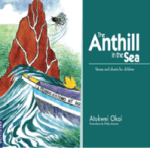
On the future of Ghanaian literature, there is so much potential and possibility brimming, which I find really exciting. I think the work the Writers Project of Ghana is doing is commendable and writers such as Ruby Goka, Nana Awere Damoah, Mohammed Naseehu Ali, Nana Ekua Brew-Hammond, Nii Ayikwei Parkes, Boakyewaa Glover give me hope for our generation of writers. What we desperately need are publishing houses with serious distribution networks.

Ruby Goka 
Nana Awere Damoah 
Mohammed Naseehu Ali 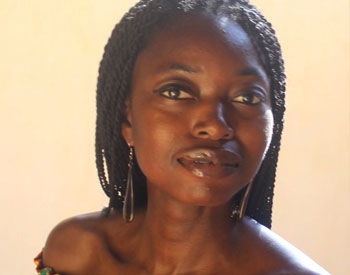
Nana Ekua Brew-Hammond 
Nii Ayikwei Parkes 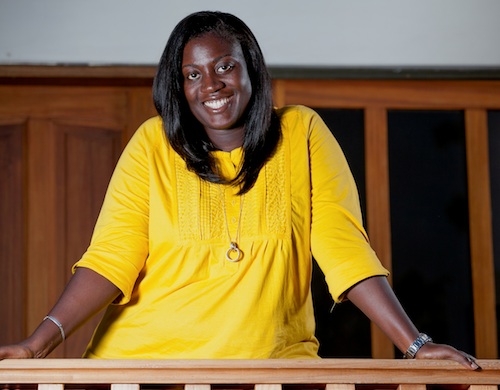
Boakyewaa Glover
(all these Ghanaian writers were featured in the #GHat60 3-part series, last year)
- What have you been reading and loving lately? And who are some of your favorite Black writers and influencers of your work?
AHA: After almost a year and a half of new mummy duties, I have started reading again. Since January, I have read Akwaeke Emezi, JJ Bola, Ayobami Adebayo, all debut novelists and I have loved all their books.
I devour work by Toni Morrison, Alice Walker, Bessie Head, Ama Ata Aidoo, Lucille Clifton, and of course, Ayi Kwei Armah, who gave me the push I needed to write my first novel.
- Finally, why would you like readers to indulge in your forthcoming, The Hundred Wells of Salaga? What would you like us to take away from the story?
AHA: The involvement of Africans in the slave trade is a part of history that I feel hasn’t been confronted or dealt with enough. There were entire villages built in rocks to prevent slave raiders from attacking. It was a traumatic moment we suffered on the continent, and if trauma isn’t healed it manifests itself in disease, passiveness, self-harm… The list is endless. My impression is that most African countries do not want to deal with this past. Just recently, the world learned of slave auctions in Libya. I was ashamed and appalled that Ghanaians and Nigerians were involved, once again as middlemen. I hope that this book will wake us up to the role that we played in the slave trade, and begin us on the path of forgiveness and healing.
Pre-order The Hundred Wells of Salaga on Amazon
Check out my thoughts on Ayesha Harruna Attah’s novels:
Harmattan Rain | Saturday’s Shadows
Check out the 75 Ghanaian writers that were highlighted in last year’s 3-part series below:
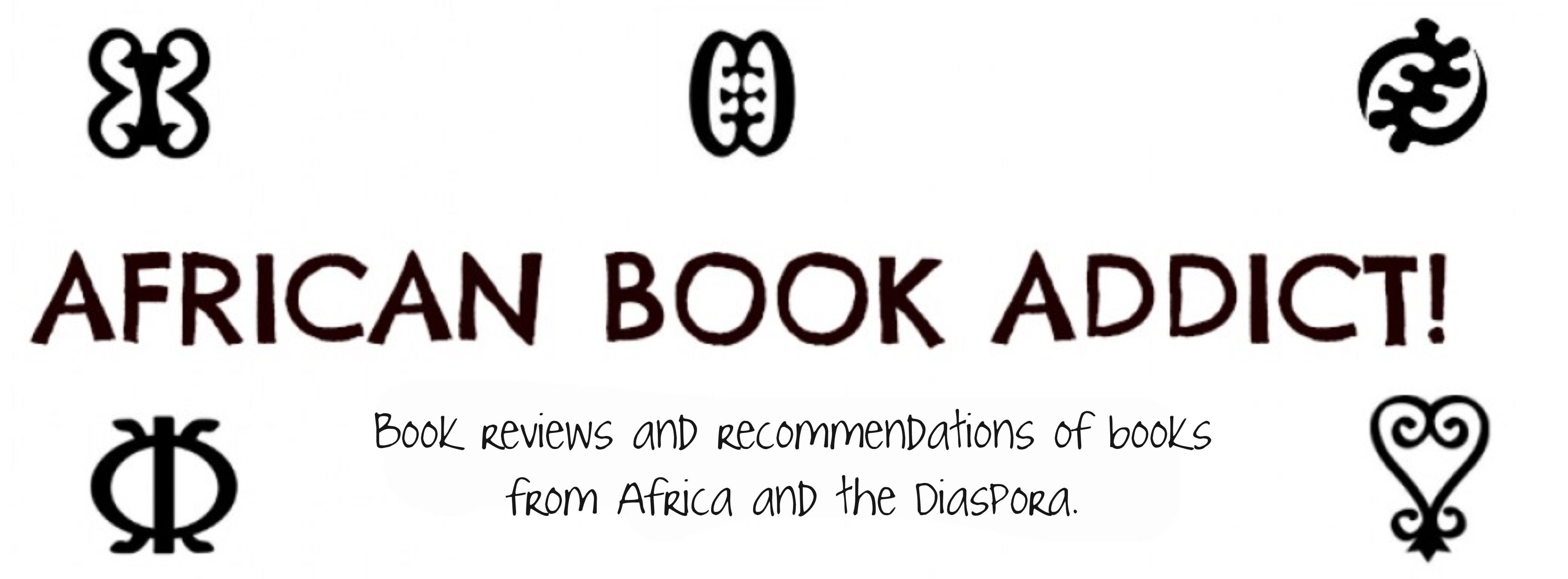
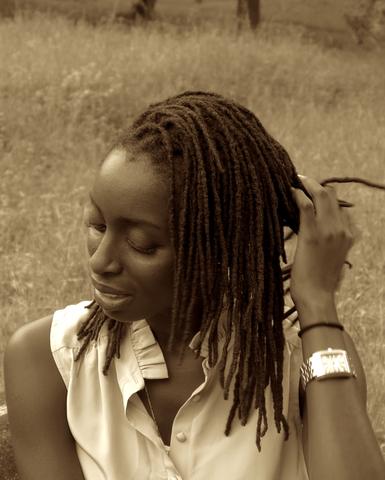
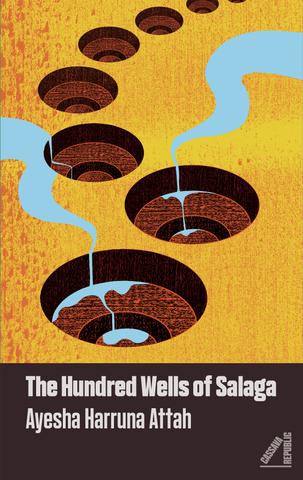







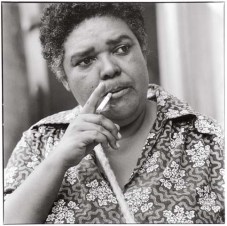
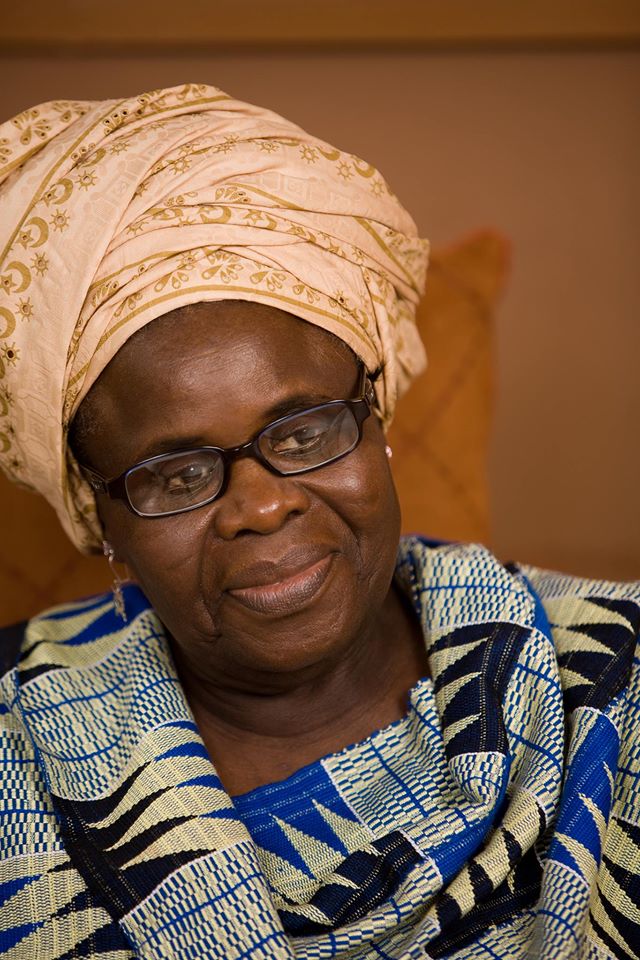

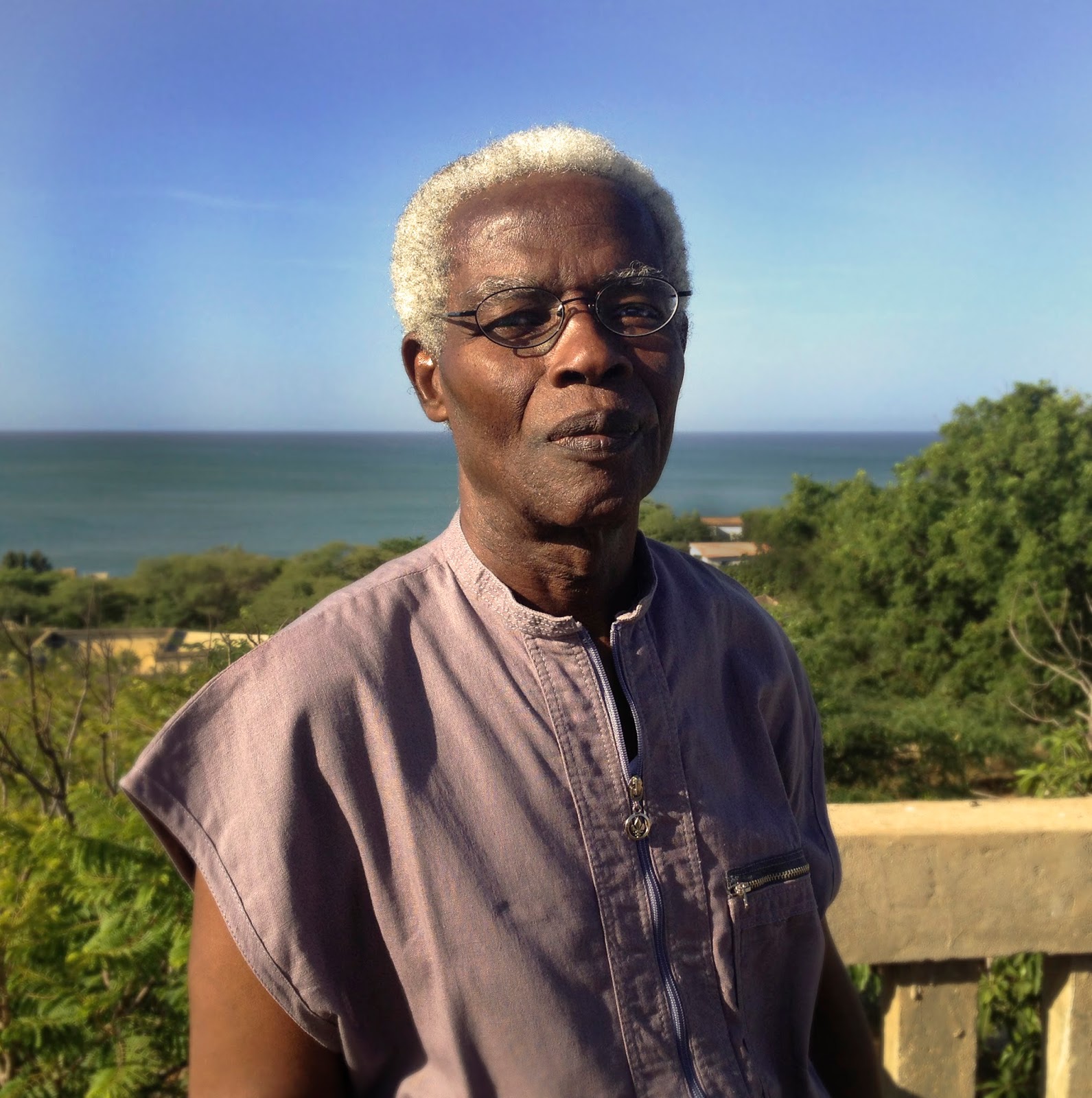

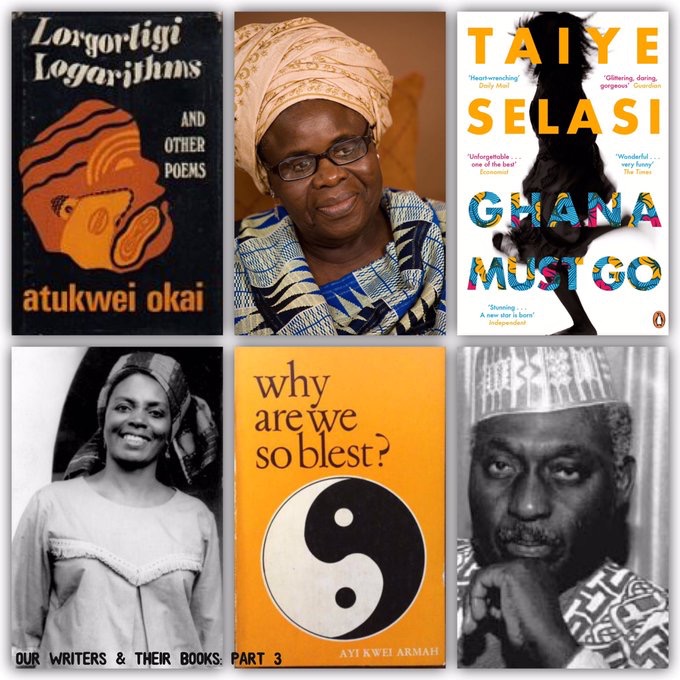

An enlightening and inspiring chat – I’ve got to read something by Ayesha Harruna Attah this year! Her final comments regarding the silence surrounding African involvement and loss in the slave trade are painfully true, and the healing and forgiveness is needed by black people of African descent all over the globe. One of the things I admired about Yaa Gyasi’s Homegoing was that she showed what that complicity and trauma might look like. I am grateful for the generation of writers who endeavor to bring stories of this shared unhealed wound from our past into the light.
I’m looking forward to the other book chats you have in store for us, this month, Darkowaa! 🇬🇭
LikeLiked by 1 person
Thanks for reading, Leslie! I hope you read something by Attah this year too; I highly recommend Harmattan Rain :). Gyasi touching on African involvement in the slave trade was such a huge plus, as several accounts gloss over their/our involvement. I hope The Hundred Wells of Salaga further opens dialogue among Africans & diaspora Africans for our collective healing. I’m excited for this one!
LikeLiked by 1 person
I read Harmattan rain years ago and I loved it. Her upcoming third book promises to be intriguing and profound. Will be on the lookout. 🙂
LikeLike
Yess, I look forward to her new novel this May. Looved Harmattan Rain as well 🙂
LikeLike
Thanks so much for passing by and reading, Celestine! xx
LikeLike